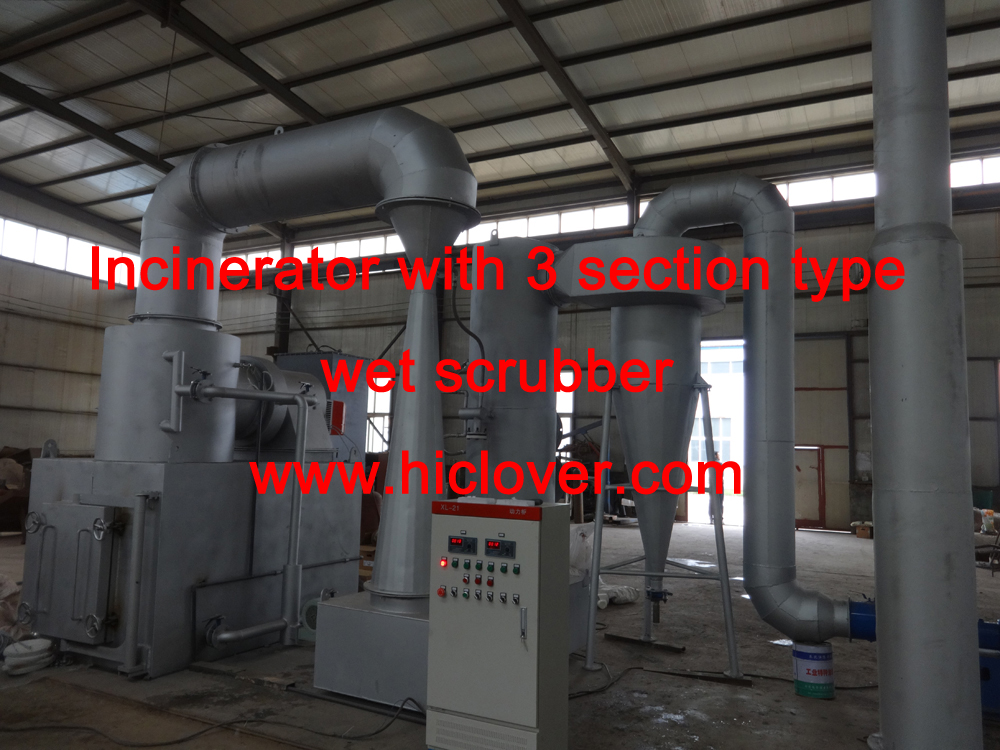The Importance of Proper Safety Measures at Waste Incinerators- safety waste incinerator

Waste incinerators play a crucial role in managing the large amounts of waste generated in our society. However, if not operated and maintained properly, waste incinerators can pose serious health and environmental risks. That’s why it is essential to have proper safety measures in place to ensure the safe and efficient operation of these facilities.
One of the main risks associated with waste incineration is the release of harmful pollutants into the air. When waste is burned, it can emit toxic chemicals such as dioxins, heavy metals, and volatile organic compounds. These pollutants can have serious health effects on nearby communities, including respiratory problems, cancer, and reproductive issues. To mitigate these risks, waste incinerators must be equipped with appropriate pollution control technologies, such as scrubbers, filters, and monitoring systems, to ensure that emissions are within safe limits.
Another important safety consideration at waste incinerators is the proper handling and disposal of ash. After the waste is burned, ash is left behind containing residues of heavy metals and other potentially hazardous materials. If not handled properly, this ash can contaminate soil and water sources, posing a threat to human health and the environment. Waste incinerators must have proper procedures in place for the safe storage, handling, and disposal of ash to prevent contamination.
In addition to pollution control and ash management, waste incinerators must also have stringent safety protocols in place to protect workers and the surrounding community. This includes providing adequate training for employees, conducting regular safety inspections, and establishing emergency response plans in case of accidents or fires. Proper ventilation systems, personal protective equipment, and monitoring devices should also be in place to ensure the health and safety of those working at or living near the incinerator.
Furthermore, waste incinerators must comply with all relevant regulations and standards set by local, state, and federal authorities. These regulations are designed to protect public health and the environment by setting limits on emissions, ash disposal, and other potential hazards. By ensuring compliance with these regulations, waste incinerators can minimize their impact on the surrounding community and the environment.
In conclusion, the proper implementation of safety measures at waste incinerators is crucial to protect public health and the environment. By investing in pollution control technologies, proper ash management, and strict safety protocols, waste incinerators can operate safely and efficiently while minimizing their impact on surrounding communities. It is essential for waste management facilities to prioritize safety and adhere to rigorous safety standards to prevent accidents, minimize pollution, and protect the well-being of workers and residents alike.